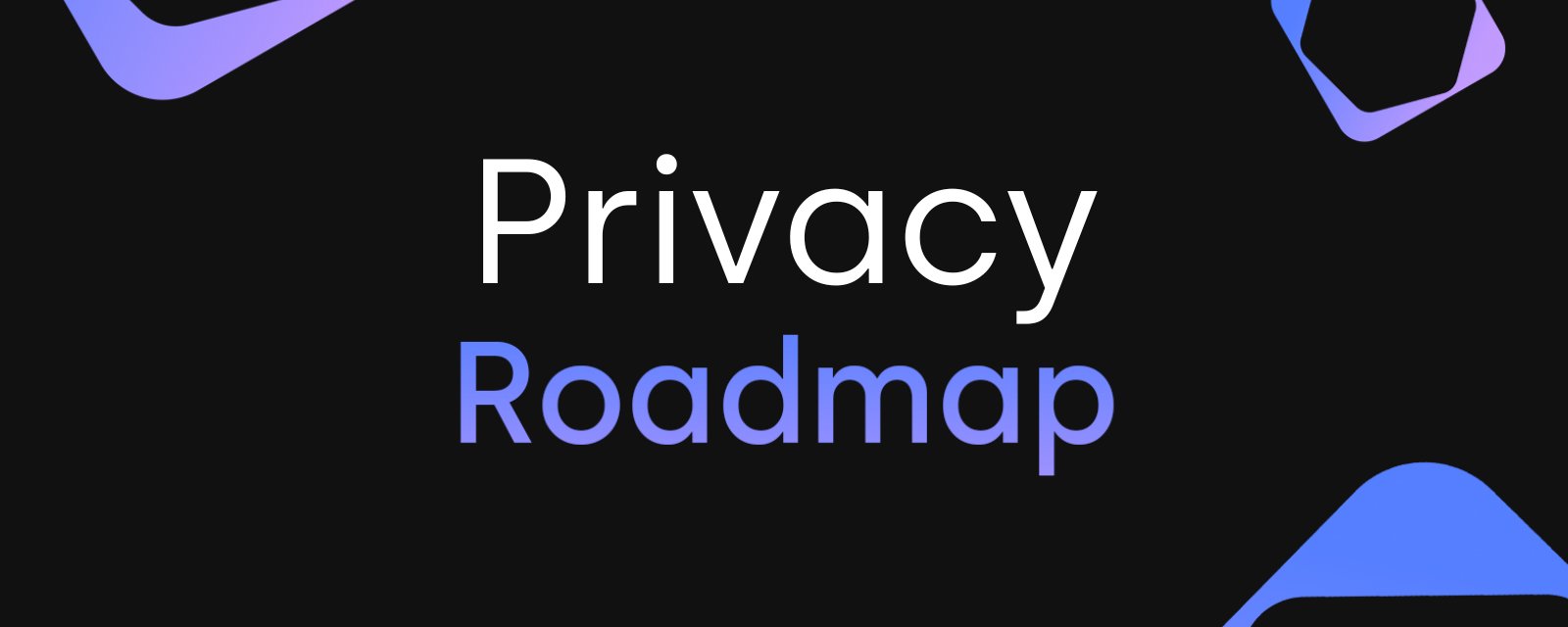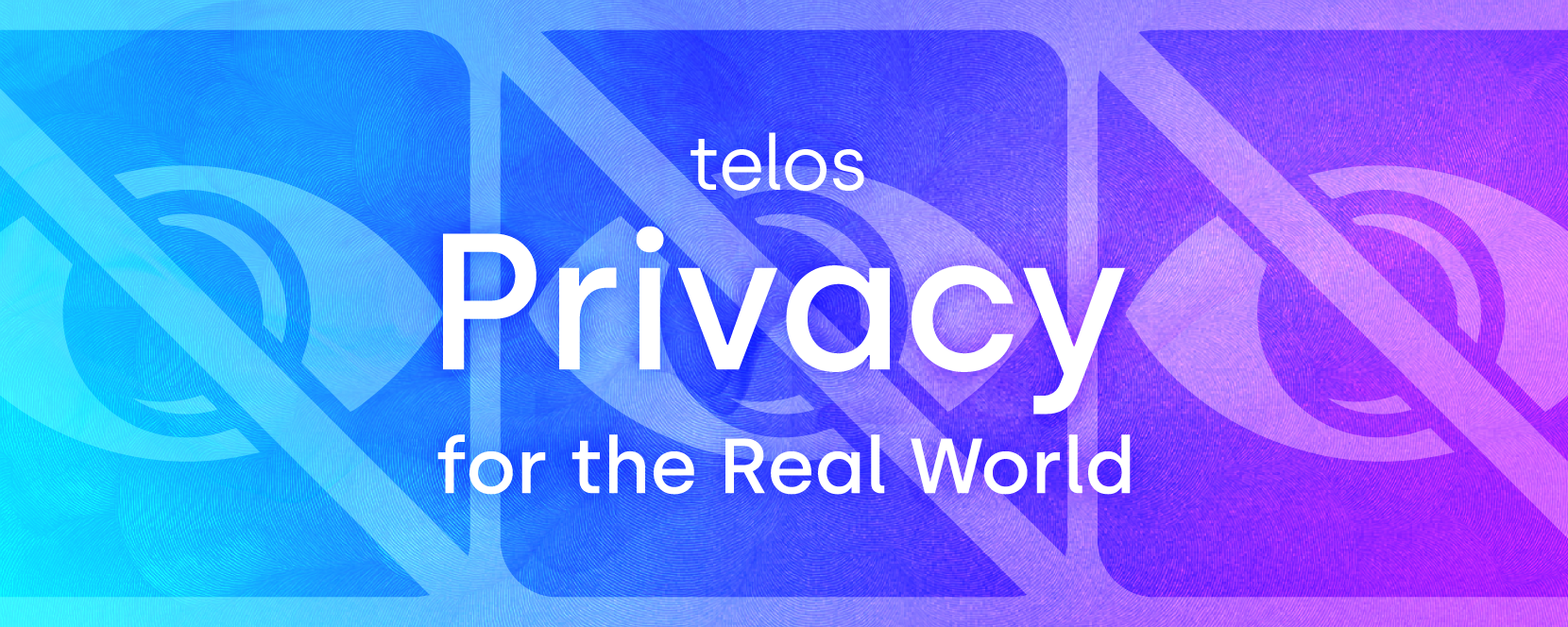Telos EVM 1.5: Laying the Foundation for Telos Evolved

We’re excited to share a significant milestone in our journey – the launch of Telos EVM 1.5. This upgrade embodies Telos' commitment to innovation and sustainability, introducing critical enhancements that fortify our network’s scalability and extend our developer ecosystem's capabilities. Our focus now shifts towards releasing further updates in EVM 2.0.
Learn more about our roadmap and how you can contribute to the Telos EVM project by checking out our documentation: https://docs.telos.net/
EVM 1.5 Features
Advanced Print Functionality for Debugging:
We've implemented an enhancement to the print function, enabling the printing and tracking of the init code of contracts created in internal transactions. This improvement is key for detailed debugging and offers a clear view of the contract creation processes.
Instruction Set Enhancement for Solidity Developers:
The addition of the PUSH instruction to our instruction set is a significant upgrade, especially for developers using the latest version of Solidity. This allows for more efficient and sophisticated smart contract development.
Precompiles and Intrinsic Updates for Performance Boost:
Replacing precompiles with new intrinsics has markedly increased the speed of our EVM, aligning it more closely with the Ethereum EVM precompiles. This not only enhances performance but also improves compatibility with Ethereum standards.
Leap Software Compatibility:
We've updated cmake files to ensure compatibility with Leap software, ensuring our system remains adaptable and performs optimally.
Feature Version Tracking:
The introduction of version tracking in our EVM contract enables the activation of specific features and fixes at predetermined points, allowing for a more streamlined and effective feature management.
Gas Estimation Fixes:
We have addressed a critical aspect of system efficiency by fixing gas estimation failures for addresses with insufficient funds. This update significantly improves the accuracy of gas estimations, enhancing the reliability of transactions.
Trace and Contract Creation Fixes:
We have resolved issues related to trace revert output and the contract creation process, ensuring more precise and dependable transaction handling.
Error messaging:
We have greatly improved the error messaging when a transaction reverts, more closely aligning our RPC response with the response structure of the traditional Ethereum nodes.
Translator/RPC:
Early block ranges:
We have indexed all Telos blocks from 0 to the block where the Telos EVM was deployed, this helps with indexers and is used in the generation of the block hashes.
New native state history consumer:
We have created a new state-history WebSocket consumer which allows us to get an entire block at a time. With 1.0 the async nature of how we received the transactions and blocks led us to introduce an artificial delay in the eth_blockNumber logic, to ensure we received and indexed all transactions for block N before returning it from the RPC. With 1.5 we can now confidently return a block number as soon as it’s been indexed. Following the methodology of the best part is no part, additional packages were removed from the software stack including RabbitMQ.
Block hash algorithm:
The block hash algorithm is now closely aligned with the Ethereum yellow paper, previously the block hash was a keccak256 hash of the block number as hex which was deterministic and could allow indexers to observe network forks/reorgs. The 1.5 block hash now is a proper fingerprint of the contents of the block. This new block hash was made possible by the new state history consumer providing an entire block at a time.
Fork handling:
A new test suite was built to simulate forks coming from state history, which allowed us to implement far more robust fork handling. This improved fork handling address gaps and duplicates that were observed when validators are experiencing network instability
Improved RPC response structures:
We have built a test suite of all RPC inconsistencies which ensures the RPC response from the TelosEVM is consistent with similar responses from other EVM RPCs.
Discover how these features enhance development on Telos by visiting our comprehensive developer guide: https://docs.telos.net/evm/about/introduction/
Looking Forward to EVM 2.0
With the completion of EVM 1.5 we now look forward to EVM 2.0, which will come with a number of innovations, like:
Enhancing the Developer Experience
EVM 2.0 is designed to offer a more robust environment for dApp developers, aiming to provide affordable smart contract deployment with high transaction throughput. It will introduce advanced functionalities for debugging, enhancements in the instruction set for Solidity developers, fixes in gas estimation, and improvements in RPC response structures, ensuring a comprehensive and user-friendly development platform.
Scalable Proof Protocol (SPP):
Additionally, we will be developing our Scalable Proof Protocol (SPP), a new zero-knowledge decentralized protocol, designed to make Telos massively scalable and built to meet the technological needs for blockchain mass adoption.
Blockchain as a Service (BaaS):
This will be complemented by our development of Blockchain as a Service (BaaS). The long-term vision for Telos BaaS is to enable users to create custom blockchains easily and efficiently. This service will cater to a variety of use cases, including those requiring compliance with government regulations.
Conclusion
EVM 1.5 marks a significant milestone, but it's merely the prologue to an even more transformative chapter. As 2024 continues to unfold, expect Telos to push the boundaries of blockchain technology, striving to make mass adoption a reality via massive scalability and data protection at the forefront.
Join us on our journey towards EVM 2.0. For insights into our future plans and how you can be part of this revolutionary leap, visit our developer resources: https://docs.telos.net/overview/what-is-telos/introduction/
The content provided in this article is for informational purposes only and should not be construed as financial or investment advice. Always conduct your own research and consult with a professional before making any financial decisions. Cryptocurrency investments along with other asset classes can be volatile and can result in potential losses. Always use caution, practice due diligence, and never invest capital you cannot afford to lose. Remember to always maintain the security of your accounts, use strong passwords, enable two-factor authentication, and be wary of phishing attempts. Stay safe and invest responsibly.
Telos is a decentralized blockchain ecosystem that includes Telos EVM, which is tested as the fastest Ethereum Virtual Machine globally, and its high-speed consensus layer, Telos Zero. With its continued focus on helping push forward the global adoption of Zero Knowledge technology, Telos is also currently developing a hardware-accelerated Ethereum Layer 2 network powered by SNARKtor, with the goal of enhancing privacy and scalability for global use cases at scale. Telos is overseen by The Telos Foundation, an ownerless foundation dedicated to advancing the Telos blockchain network and its community.


